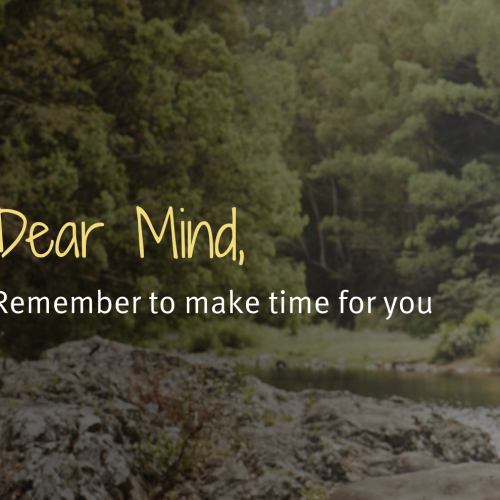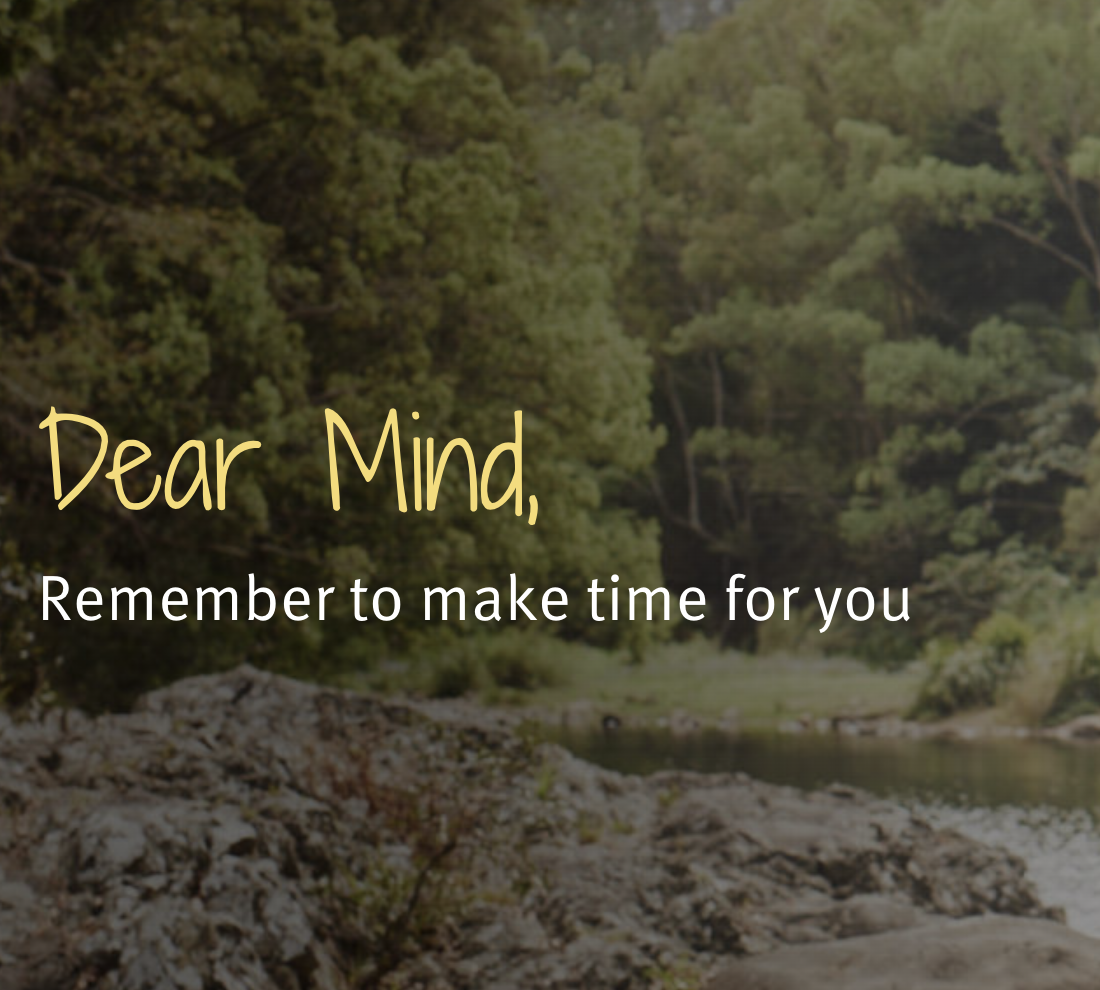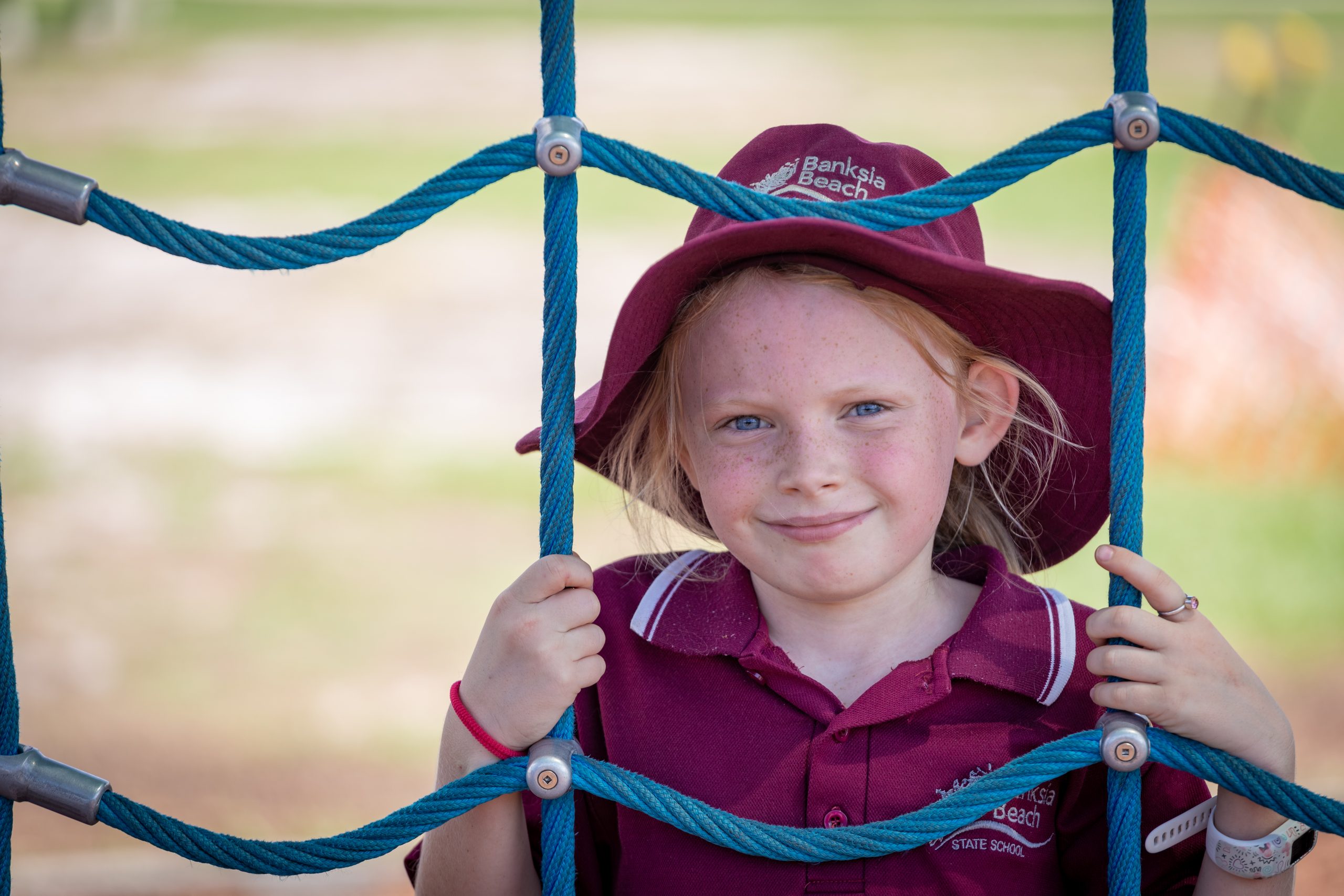
Resilience (noun): the power or ability to return to the original form, position, etc., after being bent, compressed, or stretched; elasticity (Dictionary.com)
This definition of resilience resonates with me. It’s action-based, visual and doesn’t sound like it comes from a psychology textbook.
My time in school chaplaincy has given me the opportunity to meet many young people who have been ‘bent, compressed and stretched’ by life’s circumstances. Some amaze me with their ability to recover from adversity, wiser, stronger and more competent. There are also children with seemingly ideal lives who are not yet managing to deal with the more commonplace “stretching” that life provides.
While resiliency (or lack of) is the subject of many discussions in school communities, the good news is that resilience can be learned – and where better to learn about it than at home.
To develop resilience our offspring (notice the word spring) need to hear about it, see it modelled, and have the opportunity to practice with support. You don’t really notice the difference between a length of elastic and a piece of string until some stretching is attempted.
Karl Ronke’s three-zone approach to learning is helpful as we consider developing resilience. We can view the process of learning life skills as a set of three concentric circles, the Comfort Zone, the Stretch Zone and the Panic Zone.
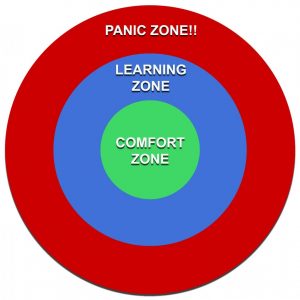
The inner circle, the Comfort Zone, is ‘known territory’ and relatively challenge-free. There is no “bending, compressing or stretching.” It’s an important space in which to do some, but not all of life – as keeping kids protected, happy and comfortable at all costs is not doing them any favours.
Rarely does the God of the Bible go before His people to ensure everything is smooth and easy; the epic stories of faith did not take place in a relaxed, suburban lounge room. When we rescue too much or protect too much, we disempower young people.
In the Stretch Zone we learn, grow, interact with the unfamiliar, and experience challenges. This space calls for initiative, risk-taking and introduces the potential failure. Allowing or encouraging our children to be in this zone, at a level suited to their age, can empower them. Sometimes we do more by doing less.
When a child is struggling and growing, we need to be cheering them on and validating their emotions. Supporting children through uncomfortable feelings and acknowledging their difficulty communicates both love and confidence. Stepping out can be celebrated even if the result looks like failure.
After a period of stretching, our kids need to return to the Comfort Zone to rest. Appropriate time in the stretch zone develops confidence and resilience because too much stretching will take anyone to the Panic Zone.
In the Panic Zone, stretching is beyond manageable to the point of inducing fear and a sense of being overwhelmed. We can put our families there, through unrealistic expectations, overscheduling and not planning to play, laugh, eat and sleep well. There is simply not much space to recover when life is overcrowded.
Sometimes however, life involves a huge amount of stretching – ending up in the Panic Zone is unavoidable. When we find ourselves in this space, there are some important things to remember. Resilience is a team sport – it’s about community and has potential for growing our faith. A significant study by Werner, found that connection with religious beliefs provided stability and meaning in times of adversity.
There is no doubt that parenting is a high wire balancing act – and one of the challenges is to prepare our children for the inevitable ‘bending, compressing and stretching’ that life will throw their way.
With God’s help, let’s empower the next generation by teaching them resilience. Let’s build spring in our offspring.
About the author…
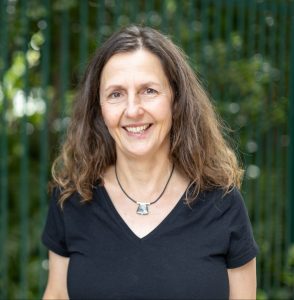 Andrea is a former secondary school teacher and counsellor. She has worked as a school chaplain for over 19 years and now also serves part-time on SU QLD’s Children and Youth Program Team, delivering training and professional development to chaplains and youth workers. Andrea and her husband are parents to three adult children and grandparents to two.
Andrea is a former secondary school teacher and counsellor. She has worked as a school chaplain for over 19 years and now also serves part-time on SU QLD’s Children and Youth Program Team, delivering training and professional development to chaplains and youth workers. Andrea and her husband are parents to three adult children and grandparents to two.
*Karl Rohnke developed the zone model from the Yerkes-Dodson law (1908), which explored the relationship between performance and arousal.
*Werner, E. E. (2005). What can we learn about resilience from large scale longitudinal studies? In S. Goldstein & R. Brooks (Eds.), Handbook of resilience in children (pp. 91 -106). New York: Kluwer Academic Publishers.
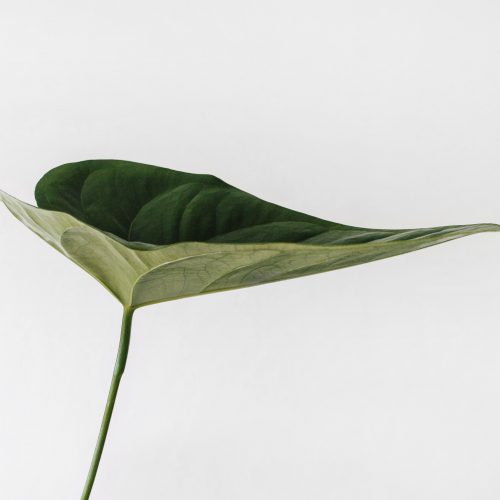
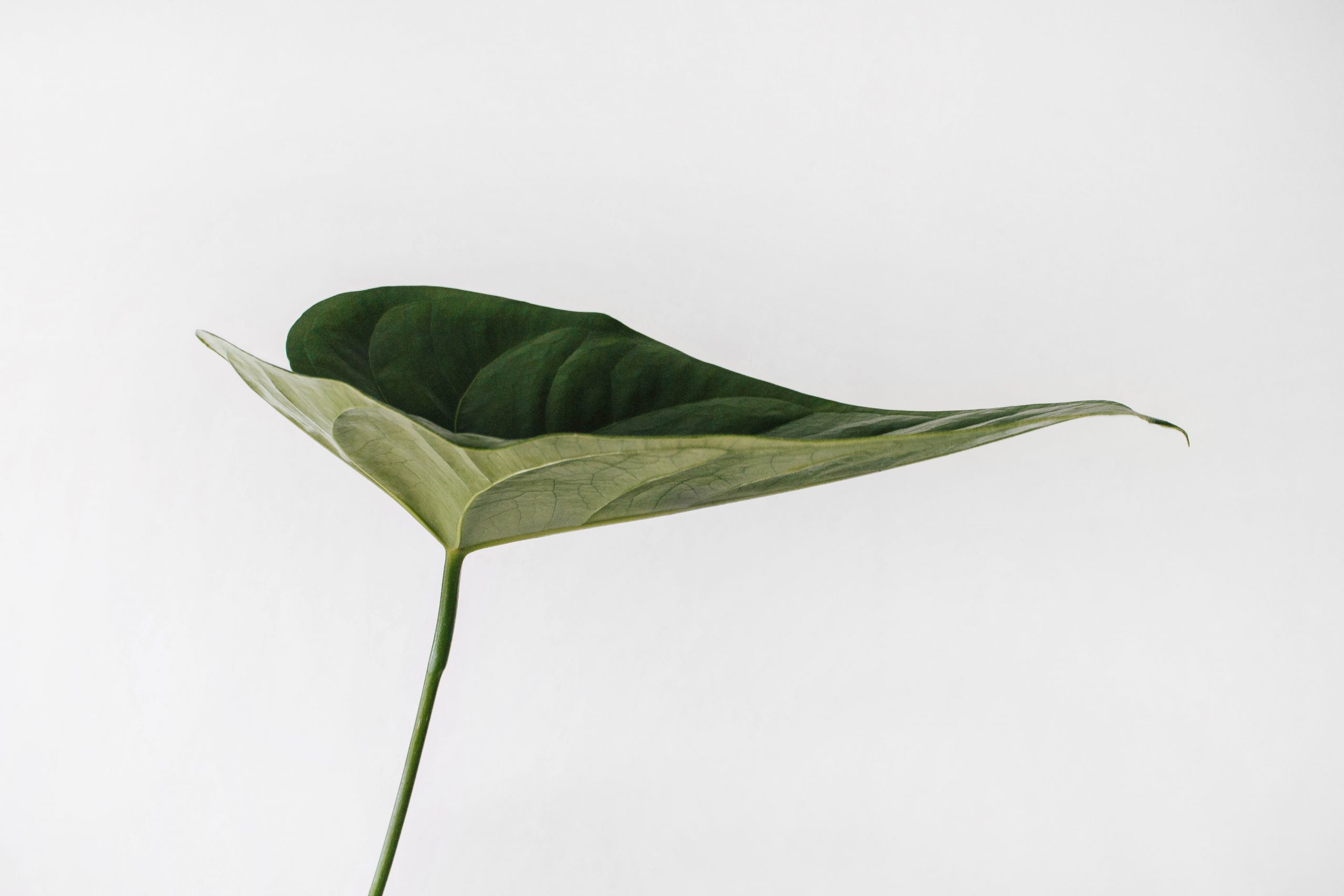


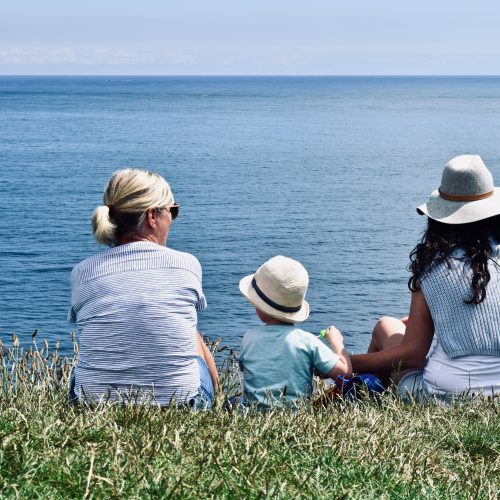
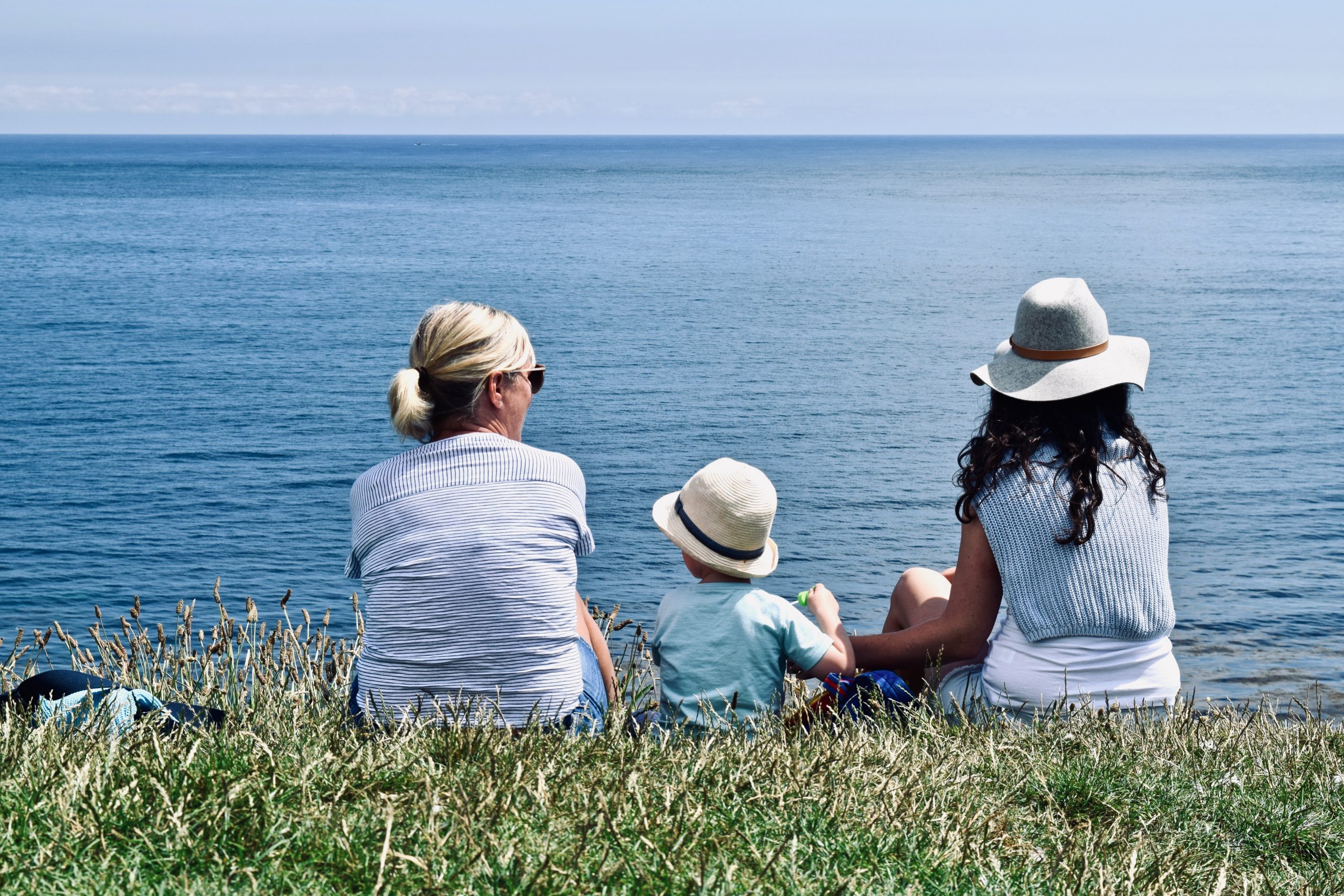


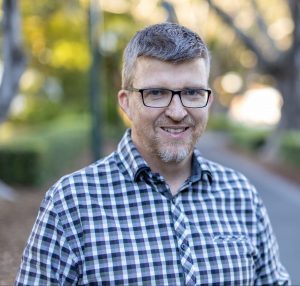 Tim works in Cross-Cultural Innovations for SU, seeking to foster vibrant ministry with people of minority cultures and other faiths. Prior to this Tim spent 8 years with The Feast in the UK, engaging youth of different faiths, and 10 years in various roles with SU Qld.
Tim works in Cross-Cultural Innovations for SU, seeking to foster vibrant ministry with people of minority cultures and other faiths. Prior to this Tim spent 8 years with The Feast in the UK, engaging youth of different faiths, and 10 years in various roles with SU Qld.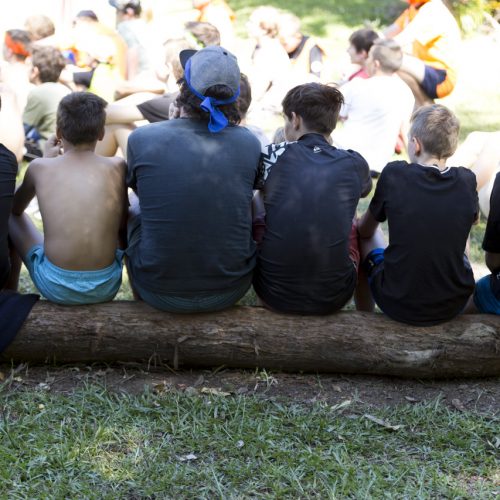
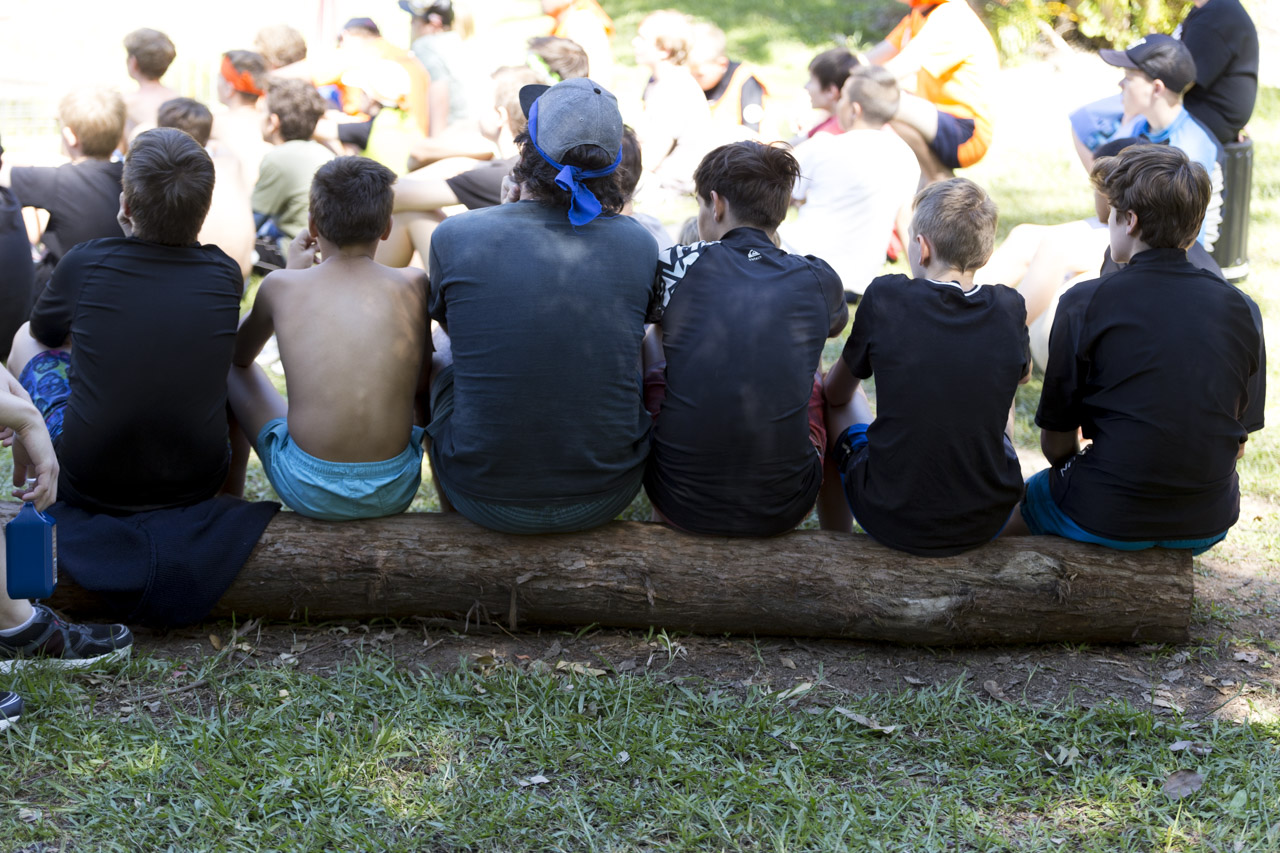
 Beavs is a former High School Maths and Christian Education Teacher who has been working and volunteering with SU QLD Camps for almost 20 years. As Camps Specialist he supports volunteers and chaplains run camps and community outreach events throughout Queensland, reaching over 4500 young people. Beavs is married with 3 children, and loves coffee and watching sport.
Beavs is a former High School Maths and Christian Education Teacher who has been working and volunteering with SU QLD Camps for almost 20 years. As Camps Specialist he supports volunteers and chaplains run camps and community outreach events throughout Queensland, reaching over 4500 young people. Beavs is married with 3 children, and loves coffee and watching sport.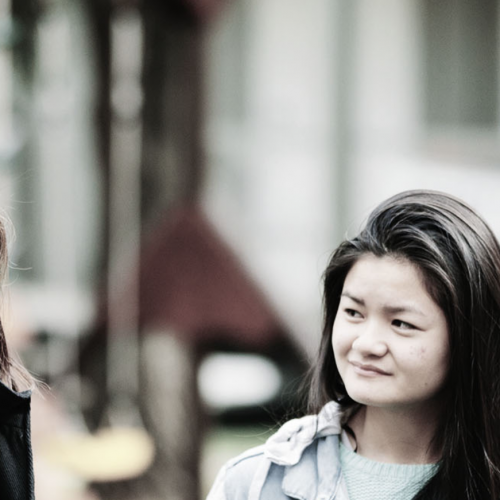
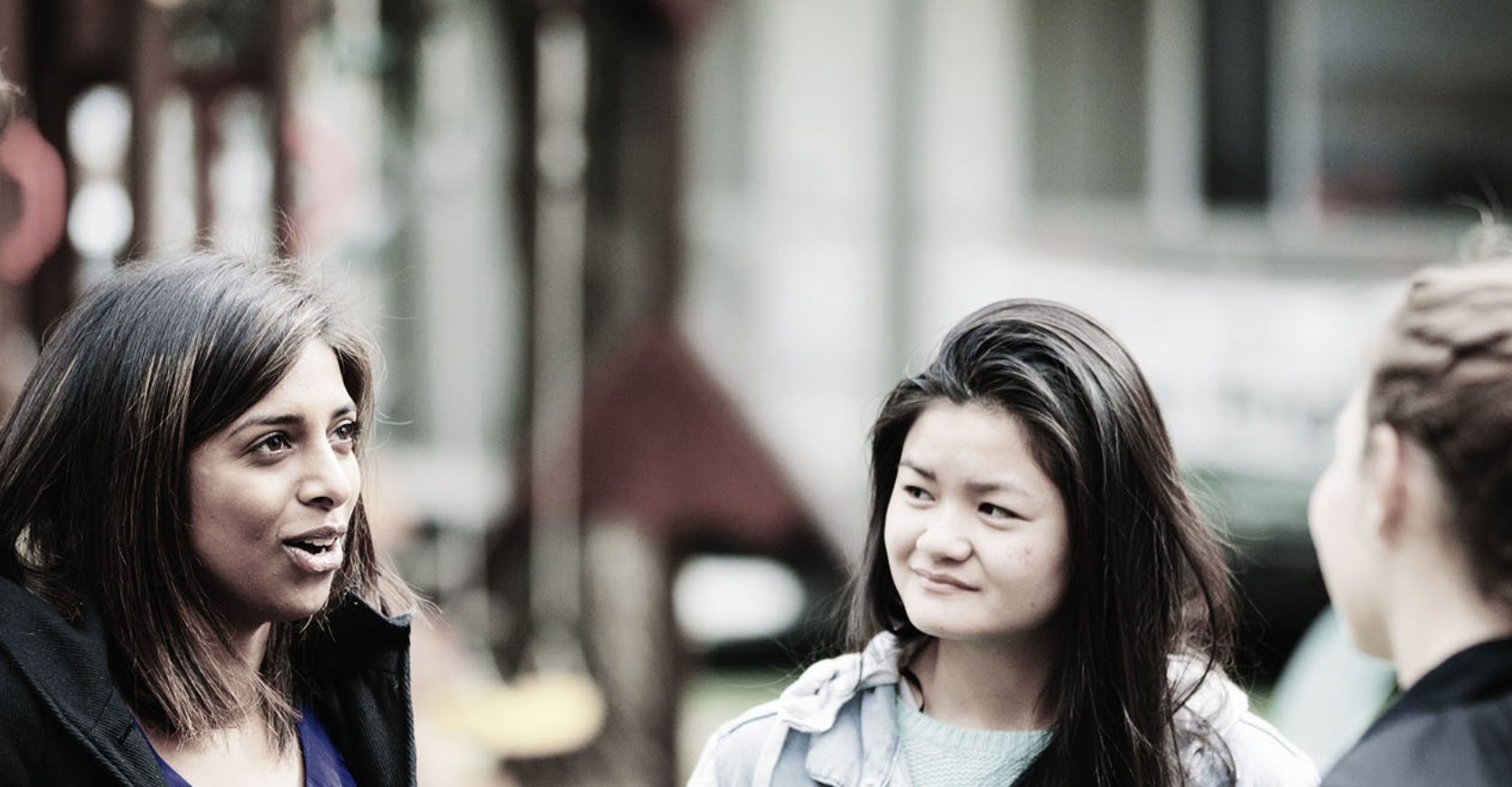
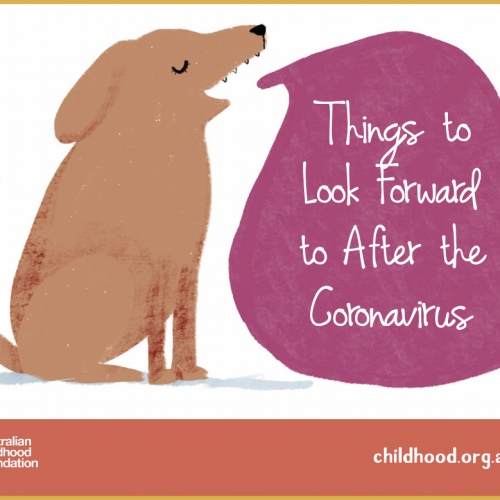
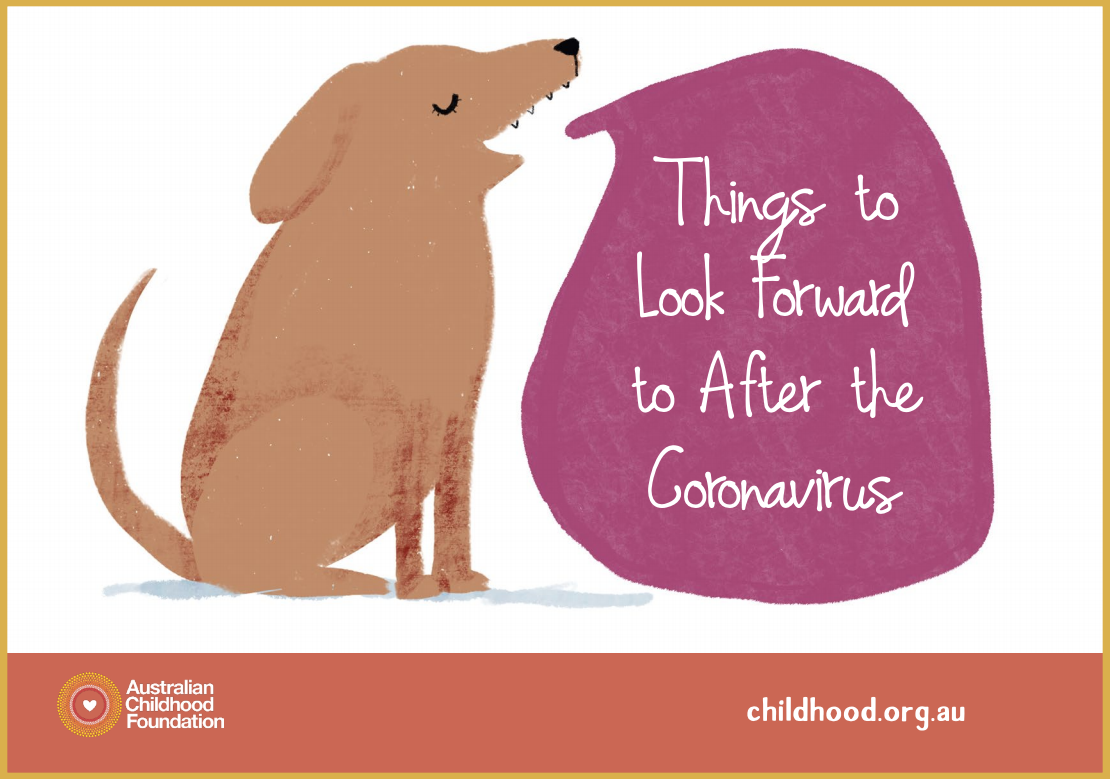
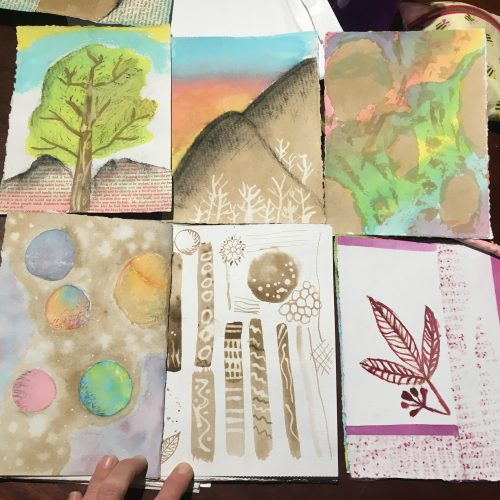
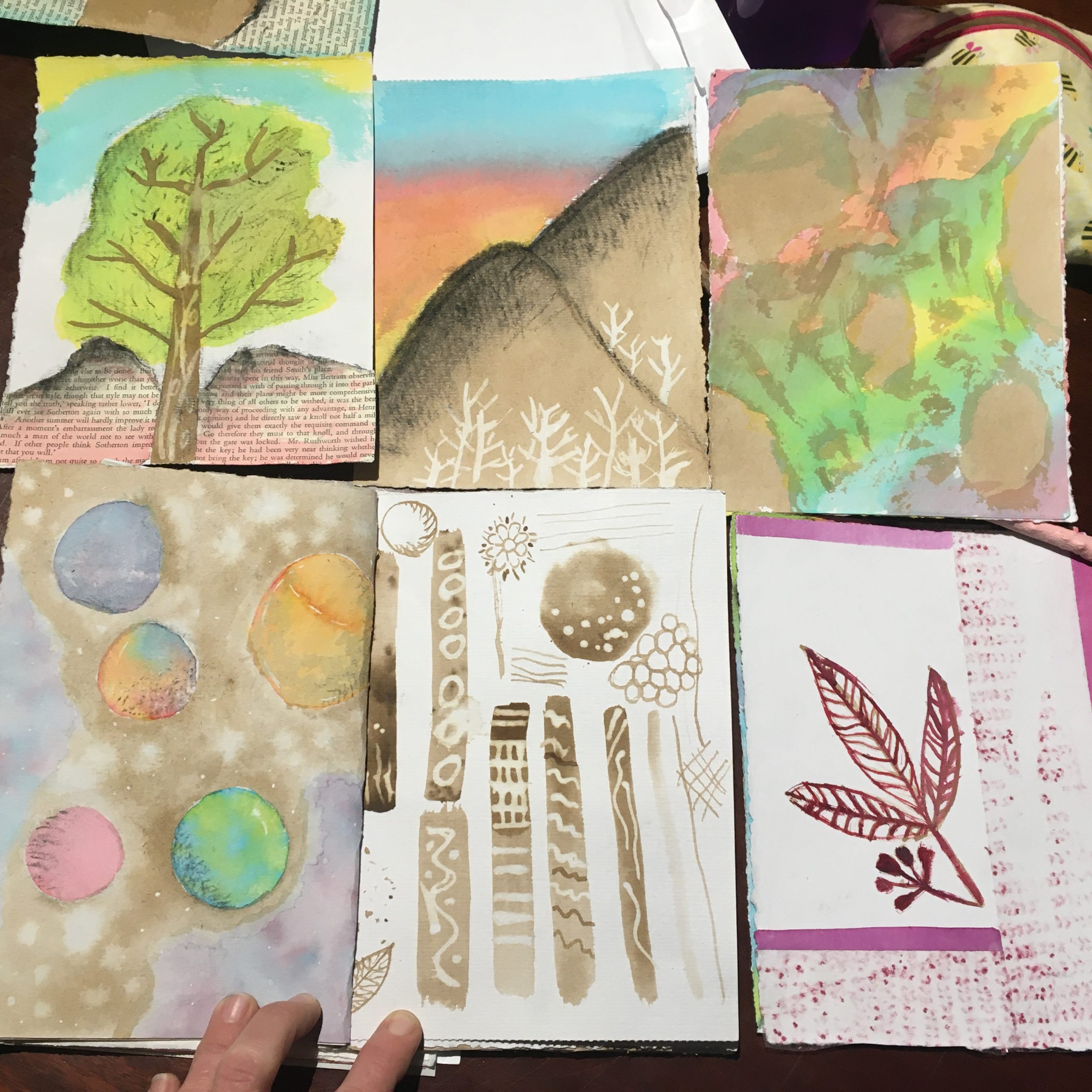
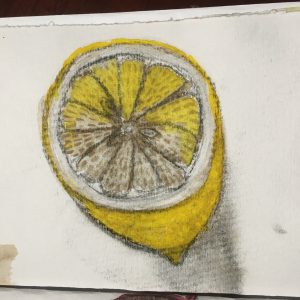
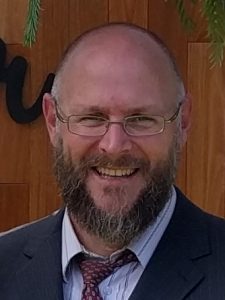 Steve has over 30 years experience in school, community and church-based youth work. He is currently working as the Training & Development Manager at SU QLD, overseeing teams that deliver training and produce resources for SU QLD staff and volunteers. He holds post-graduate qualifications in Social Work, Politics & Government, and Christian Studies.
Steve has over 30 years experience in school, community and church-based youth work. He is currently working as the Training & Development Manager at SU QLD, overseeing teams that deliver training and produce resources for SU QLD staff and volunteers. He holds post-graduate qualifications in Social Work, Politics & Government, and Christian Studies.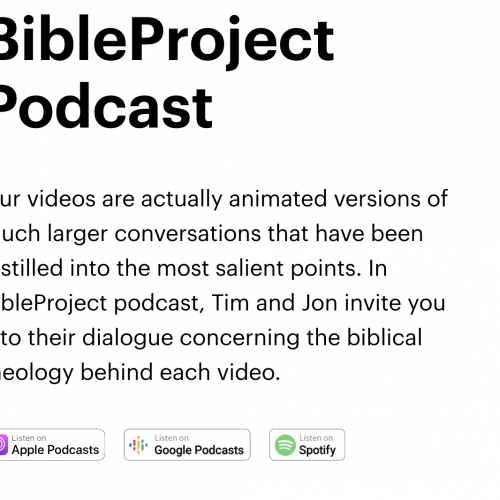
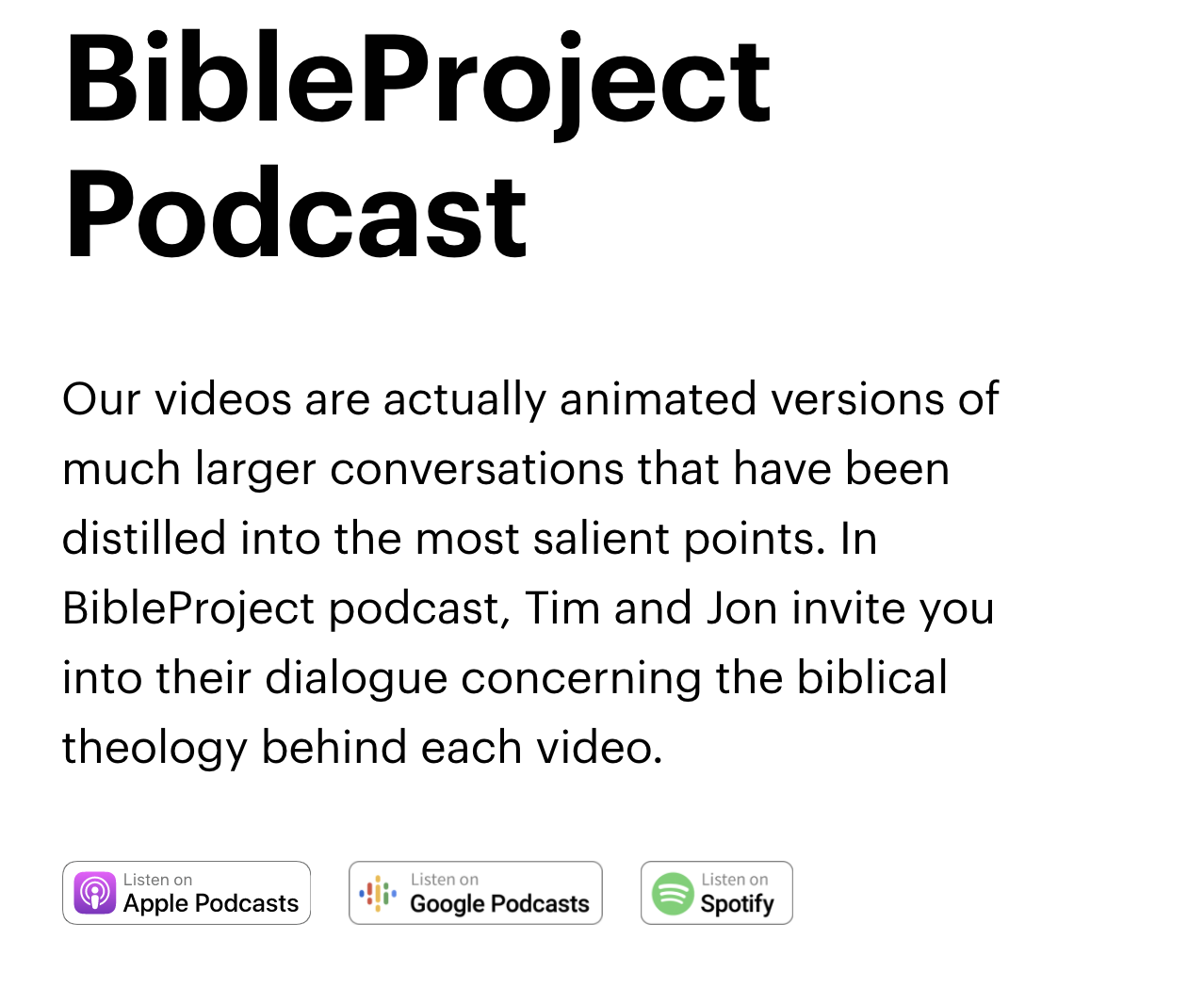
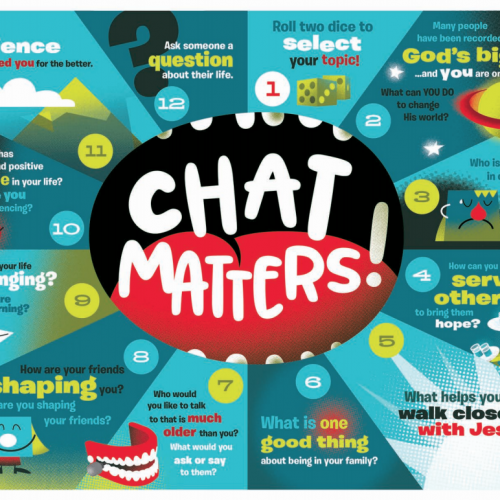
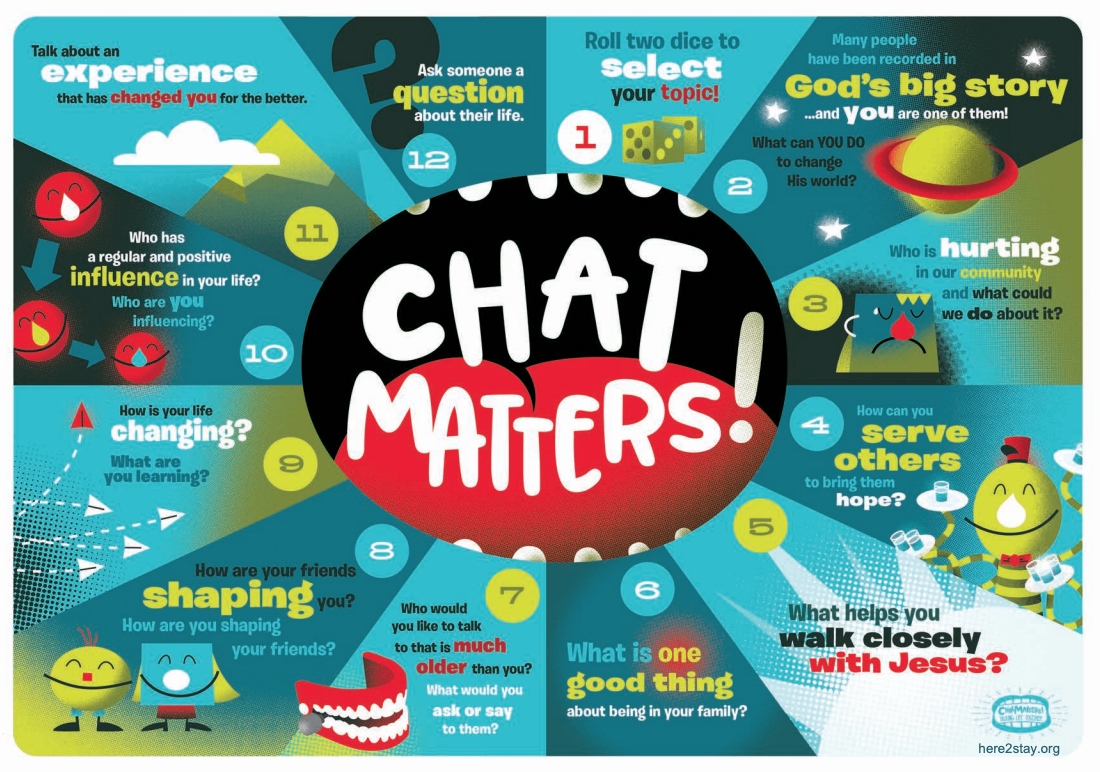
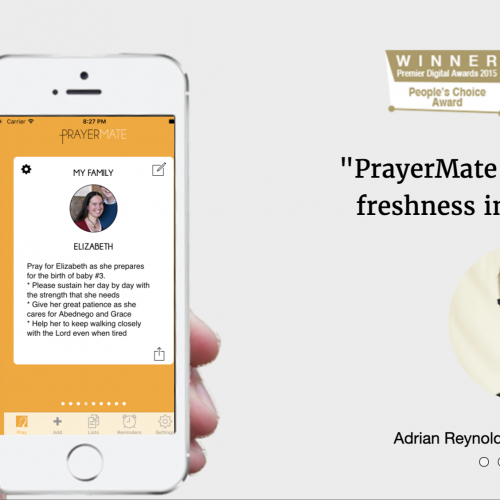
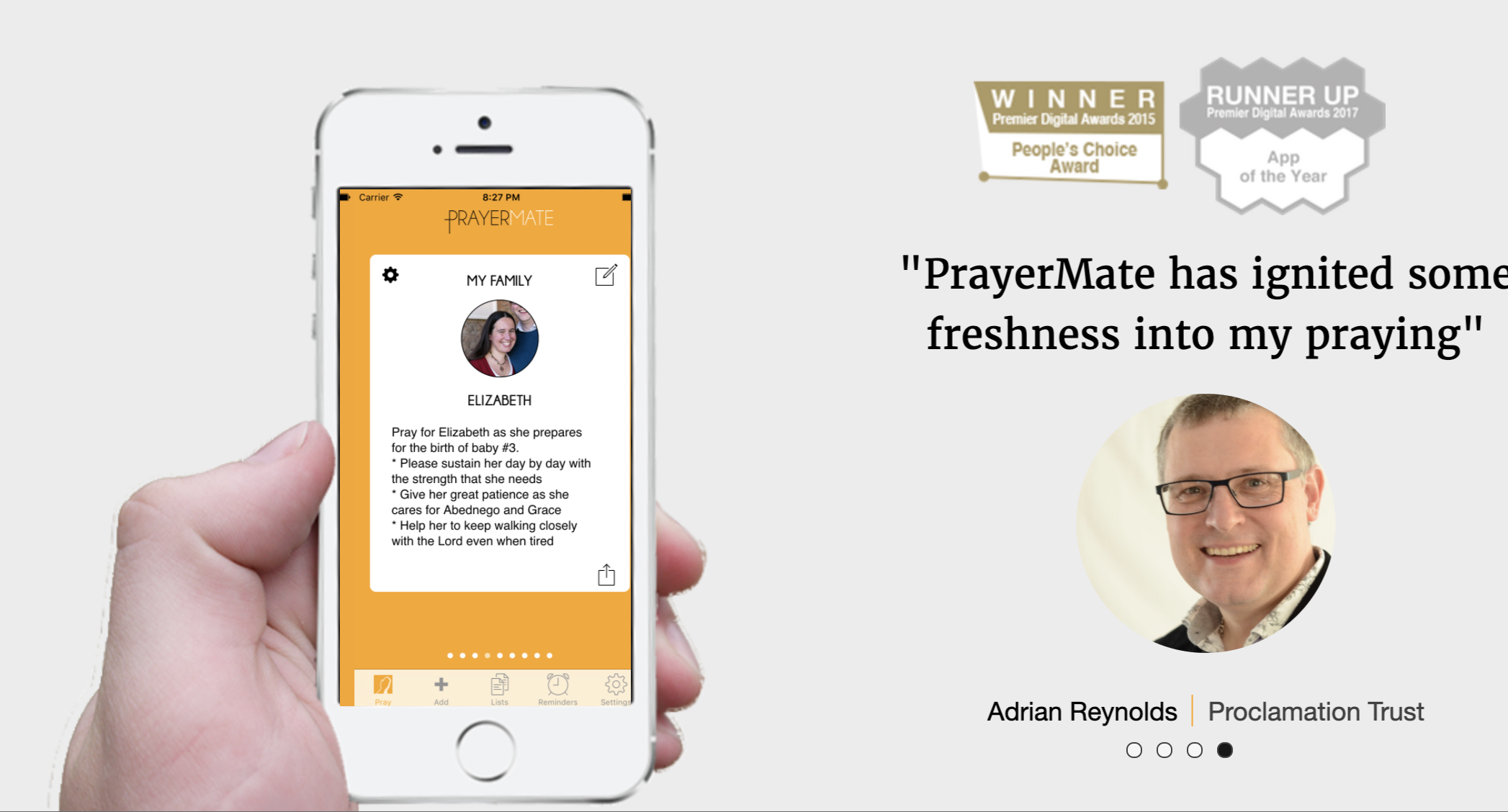
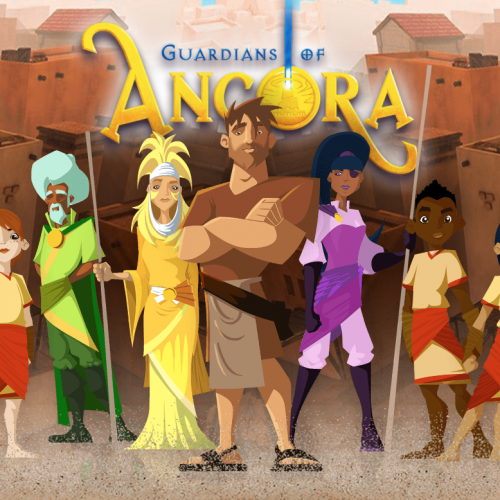

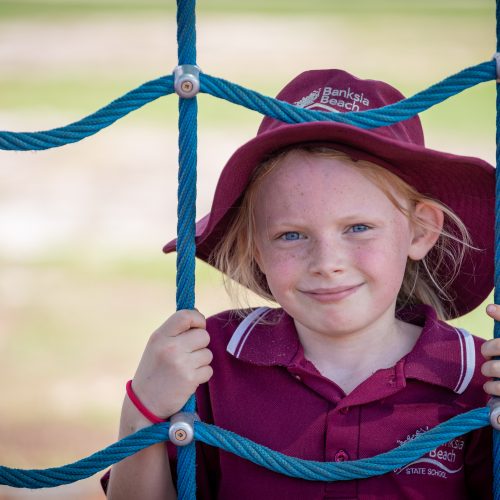


 Andrea is a former secondary school teacher and counsellor. She has worked as a school chaplain for over 19 years and now also serves part-time on SU QLD’s Children and Youth Program Team, delivering training and professional development to chaplains and youth workers. Andrea and her husband are parents to three adult children and grandparents to two.
Andrea is a former secondary school teacher and counsellor. She has worked as a school chaplain for over 19 years and now also serves part-time on SU QLD’s Children and Youth Program Team, delivering training and professional development to chaplains and youth workers. Andrea and her husband are parents to three adult children and grandparents to two.

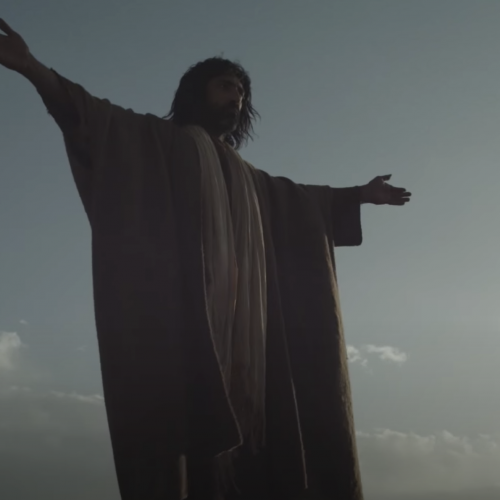
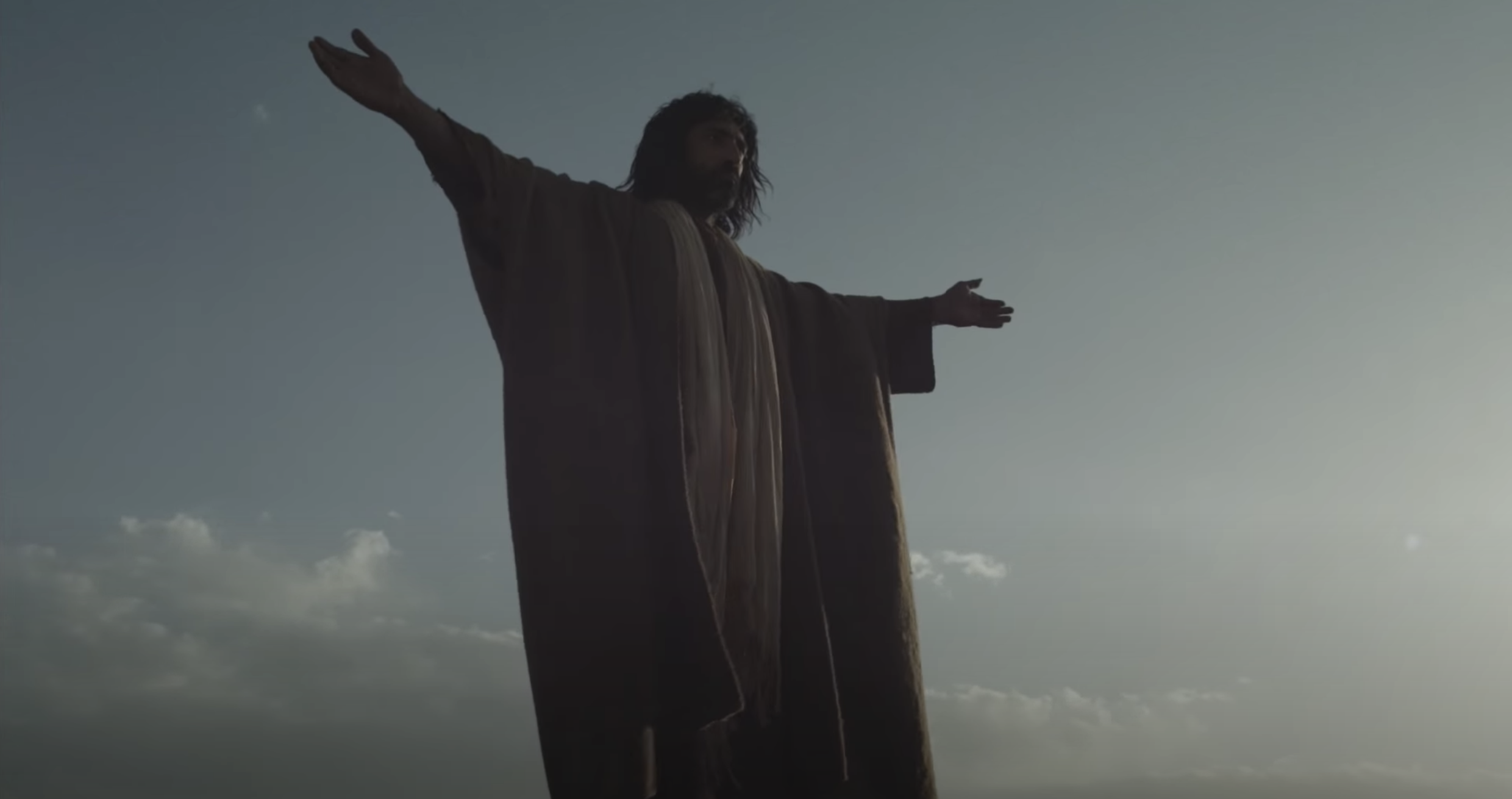
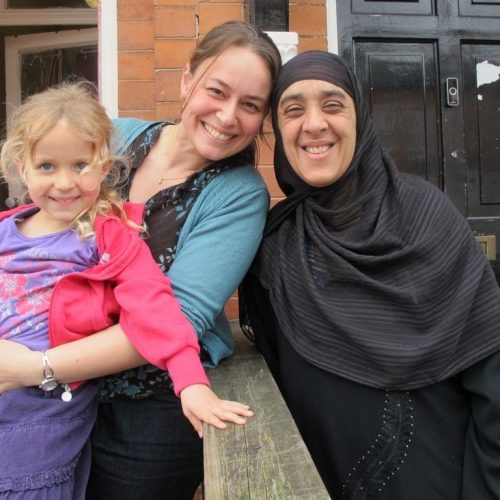
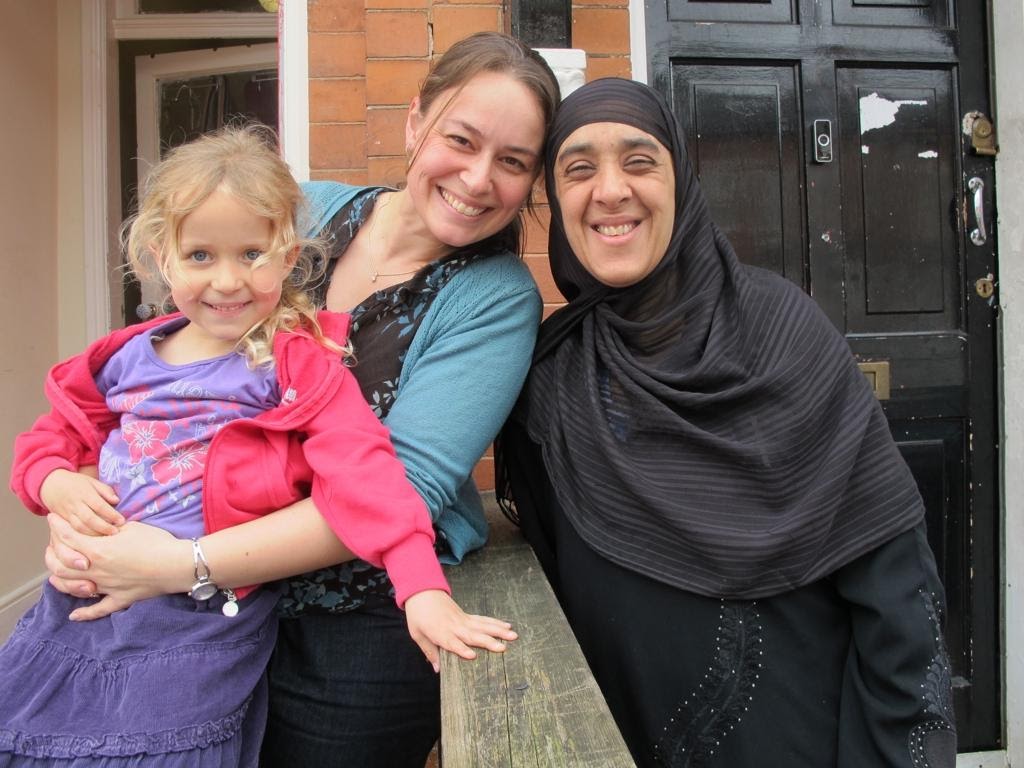

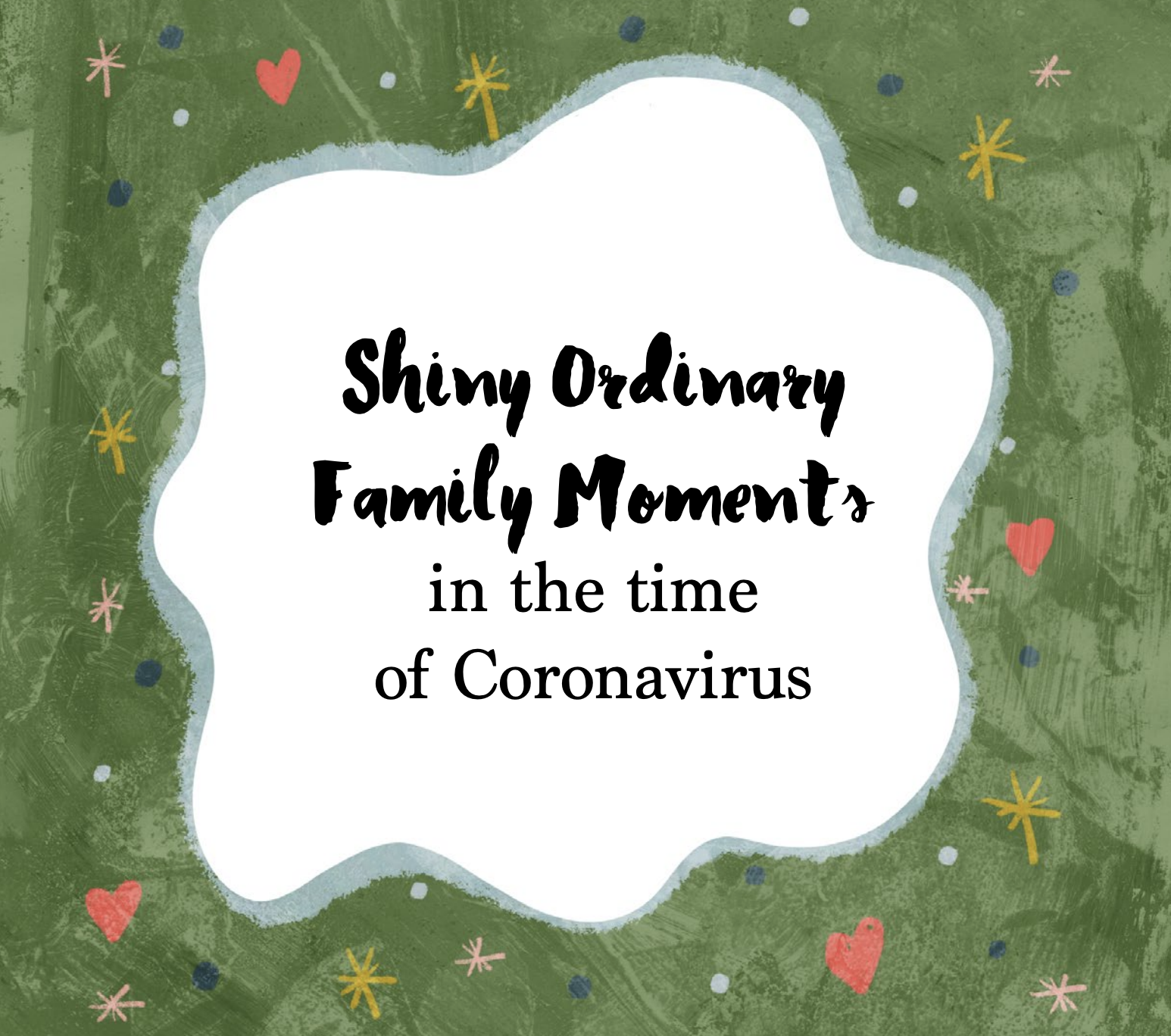
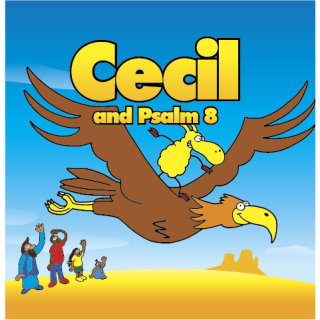
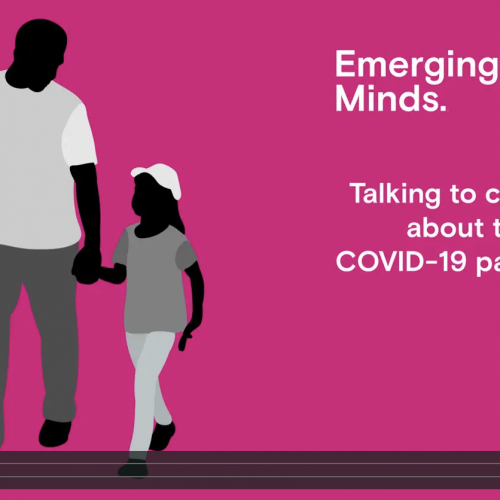
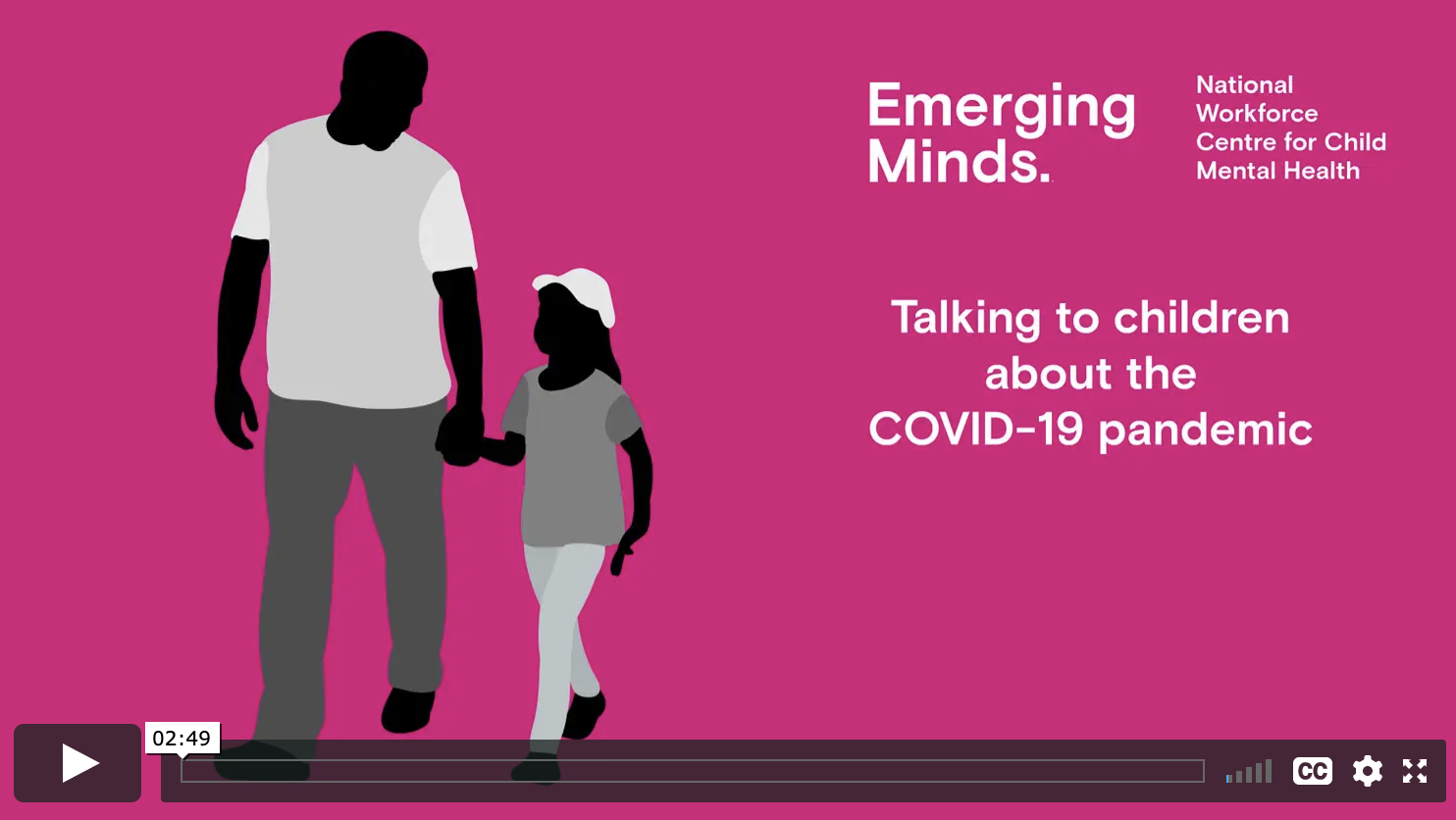
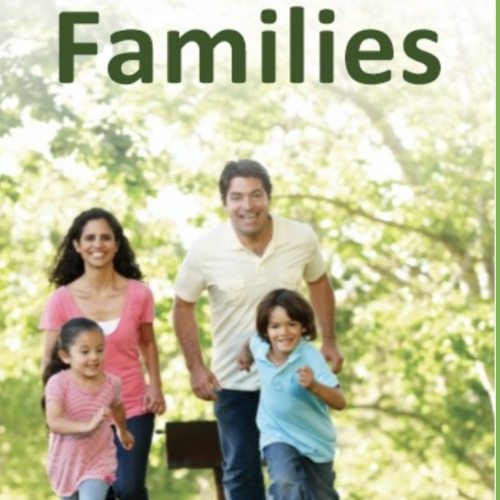
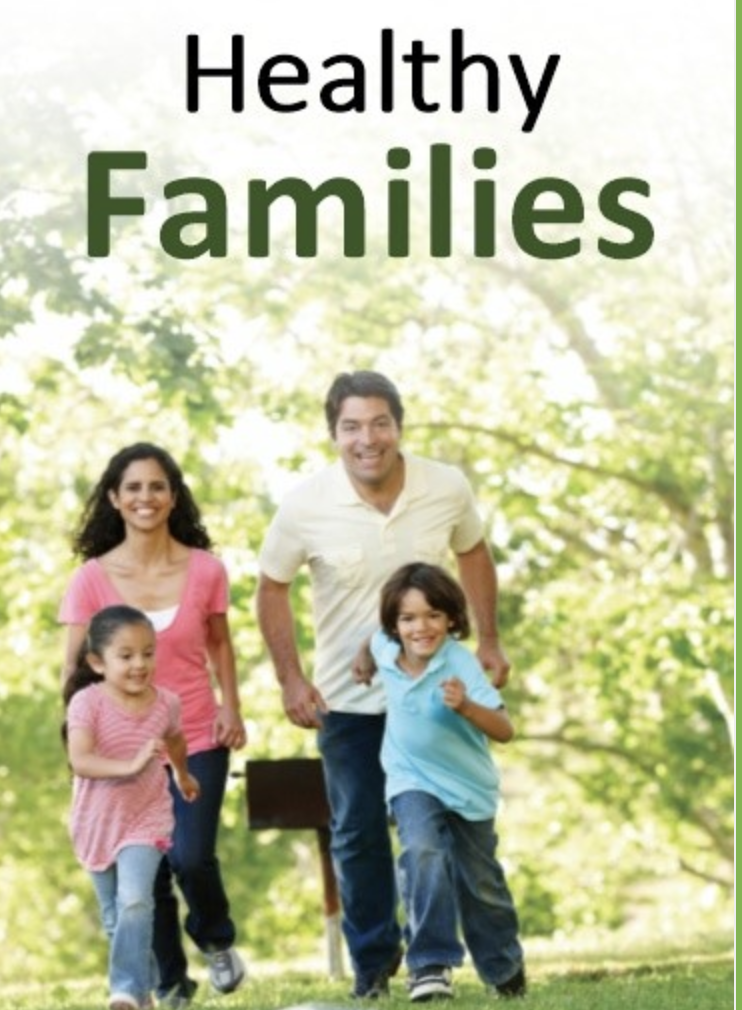
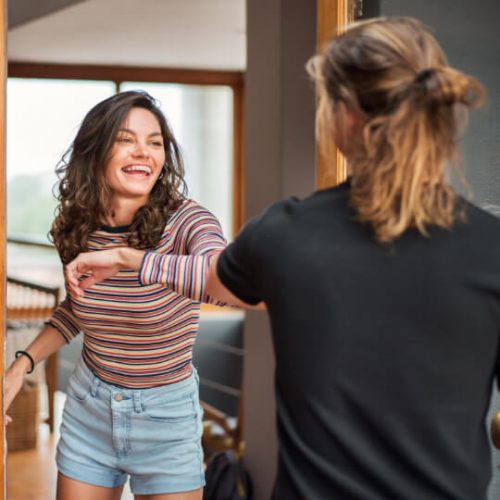



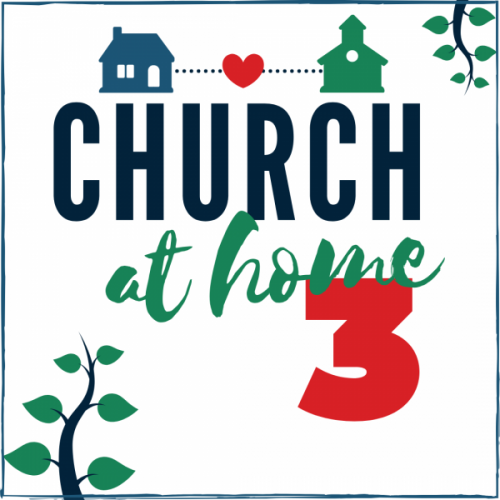
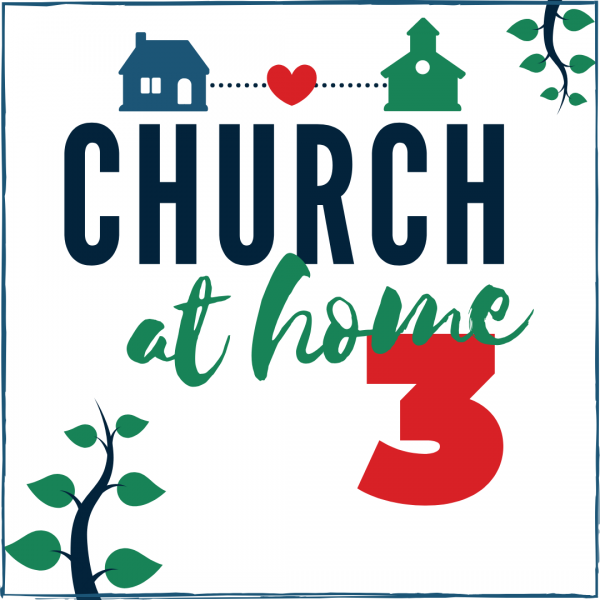


 Tess is a former school chaplain and youth pastor with 15 years of experience in youth work. She now serves as SU QLD’s Children and Youth Program Team Leader, delivering training and professional development to chaplains and youth workers. She holds a bachelor of communications and diploma of youth work.
Tess is a former school chaplain and youth pastor with 15 years of experience in youth work. She now serves as SU QLD’s Children and Youth Program Team Leader, delivering training and professional development to chaplains and youth workers. She holds a bachelor of communications and diploma of youth work. 